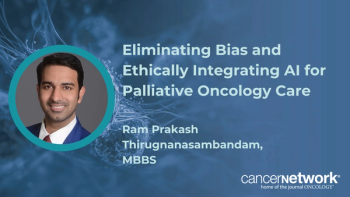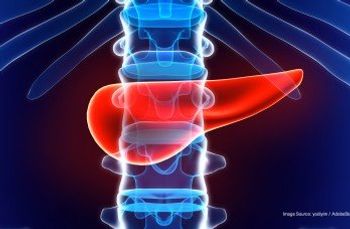
Fredrik Schjesvold, MD, PhD, Discusses the Potential of Minimal Residual Disease –Directed Treatment for Multiple Myeloma
CancerNetwork® sat down with Fredrik Schjesvold, MD, PhD, at the 2021 International Myeloma Workshop to talk about minimal residual disease and its importance in the treatment of multiple myeloma.
At the 2021 International Myeloma Workshop, CancerNetwork® spoke with Fredrik Schjesvold, MD, PhD, founder and head of the Oslo Myeloma Center, about the potential of minimal residual disease (MRD)–directed treatment in multiple myeloma.
Transcript:
One of the things that is very actively discussed at this meeting is when, how, and if to move on to MRD-directed treatment, using MRD negativity or positivity to decide whether to move on with treatment or not. That’s being discussed on the basis of fairly little data. We don’t have any data from randomized studies saying whether that’s a good idea or not, we will know the prognostic value of MRD. There are several studies going on both in Europe and the [United States] of randomizing patients to standard or MRD-directed therapy. It’s important that we don’t establish an approach to this before we have data from these studies.
Newsletter
Stay up to date on recent advances in the multidisciplinary approach to cancer.












































